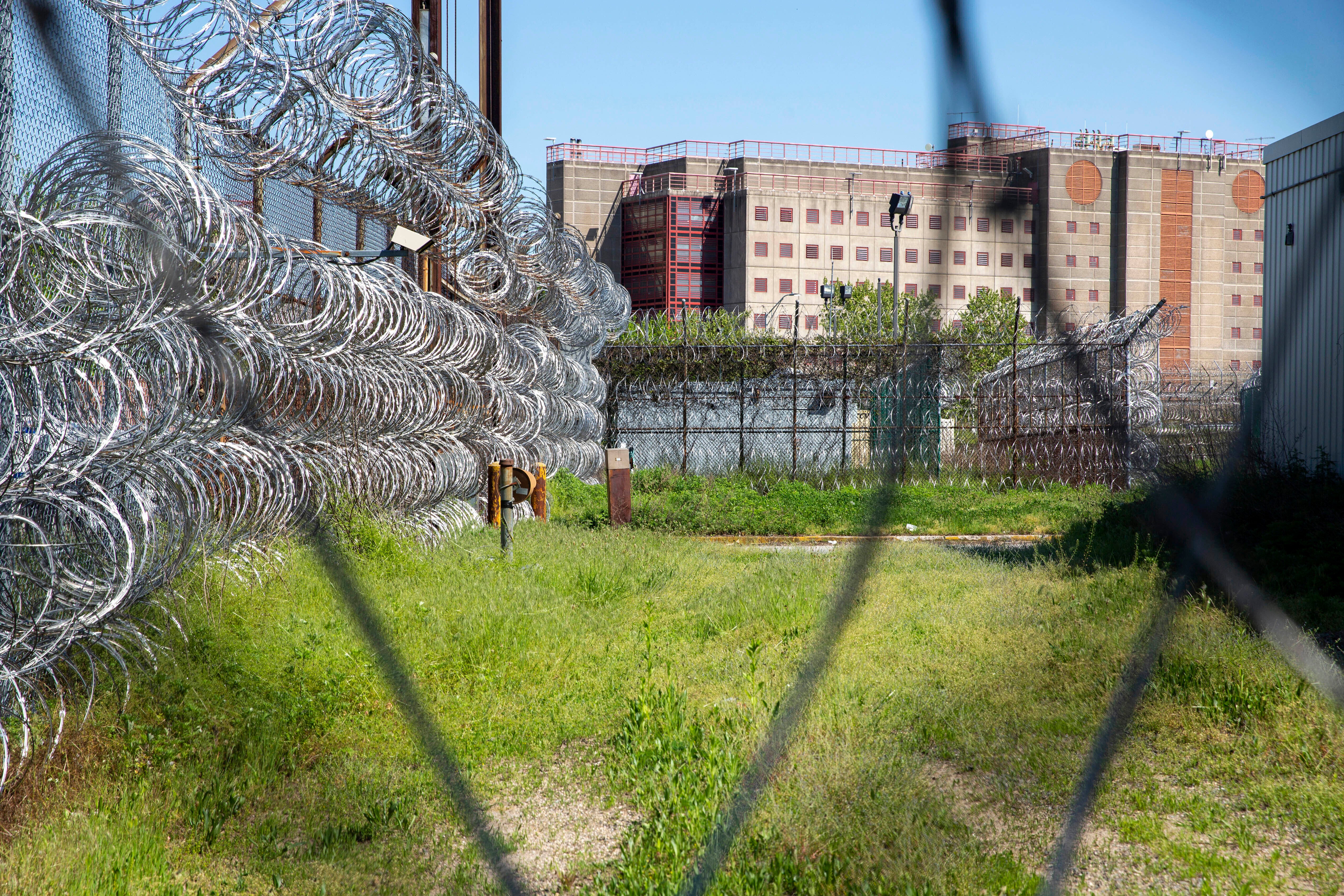A federal judge found New York City in contempt for its failure to stem violence at its notorious Rikers Island prison complex, as abysmal conditions have continued at the facility nearly a decade after a settlement meant to end them.
“The current rates of use of force, stabbings and slashings, fights, assaults on staff, and in-custody deaths remain extraordinarily high, and there has been no substantial reduction in the risk of harm currently facing those who live and work in the Rikers Island jails,” Judge Laura Taylor Swain wrote in her scathing ruling.
The decision could put an outside authority, known as a receiver, in direct control of New York City jails. City officials have been directed to draw up receivership plans by mid-January.
In 2015, city jails fell under federal oversight as part of the settlement in a class-action lawsuit from prisoners, who argued violence inside facilities like Rikers was so severe it violated their constitutional rights.
Since then, despite regular monitoring and a suite of recommendations, violence inside Rikers has gotten “demonstrably worse,” the court wrote on Wednesday, even as New York spends more than $400,000 a year per inmate, six times the average of other large U.S. cities.
“One of the most disturbing statistics plaguing the Rikers Island jails is the number of deaths of people in custody in recent years. Nineteen people died in Defendants’ custody in 2022, nine more died in 2023, and five died in the first eight months of 2024,” Wednesday’s ruling reads.

The Legal Aid Society and the law firm Emery Celli Brinckerhoff Abady Ward & Maazel, which helped bring the original class action, celebrated Wednesday’s ruling as an important step forward, calling it a “historic decision.”
“The culture of brutality on Rikers Island has resisted judicial and political reform efforts for years,” they said in a statement to The New York Times.
Civil rights advocates also praised the court’s decision.
“Rikers Island is dangerous, inhumane, and an unconstitutional nightmare,” the New York Civil Liberties Union told The Independent. “Today’s historic decision shows by clear and convincing evidence the Department of Correction’s systemic failure to protect the lives of those in its custody, the vast majority of whom are Black and Brown New Yorkers.”
The administration of New York City Mayor Eric Adams said on Wednesday it had made “significant progress towards addressing the decadeslong neglect and issues on Rikers Island.”
“We are proud of our work, but recognize there is more to be done and look forward to working with the federal monitoring team on our shared goal of continuing to improve the safety of everyone in our jails,” a spokesperson told Gothamist.
A receiver could dissolve or alter labor contracts for staff in New York City jails, whom critics say have abused policies like unlimited sick leave, often leaving facilities like Rikers understaffed.
The ruling marks the latest high-profile accusation of dysfunction at the facility.
Earlier this week, attorneys for Harvey Weinstein accused the prison of being like a “gulag” as the disgraced Hollywood mogul awaits a retrial of his 2020 rape conviction.
“When I last visited him, I found him with blood spatter on his prison garb, possibly from IVs, clothes that had not been washed for weeks, and he had not even been provided clean underwear – hardly sanitary conditions for someone with severe medical conditions,” Weinstein’s attorney, Imran H. Ansari, said in a statement.
In 2015, Kalief Browder killed himself after being held in Rikers, often in solitary confinement, for three years without trial on charges related to stealing a backpack. His death generated widespread outrage.



